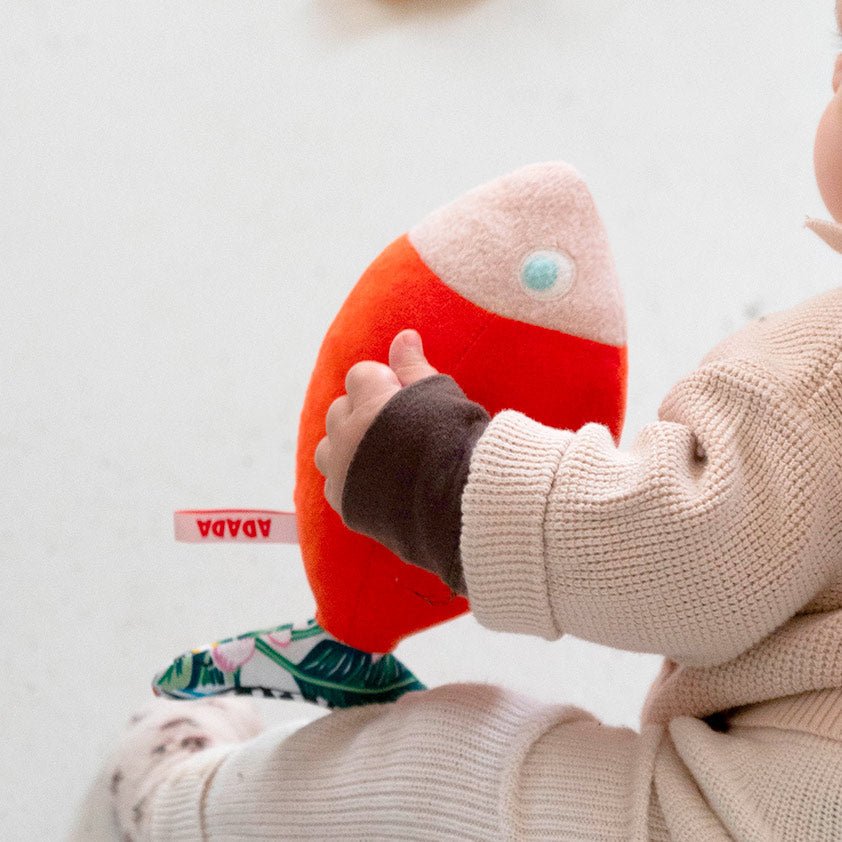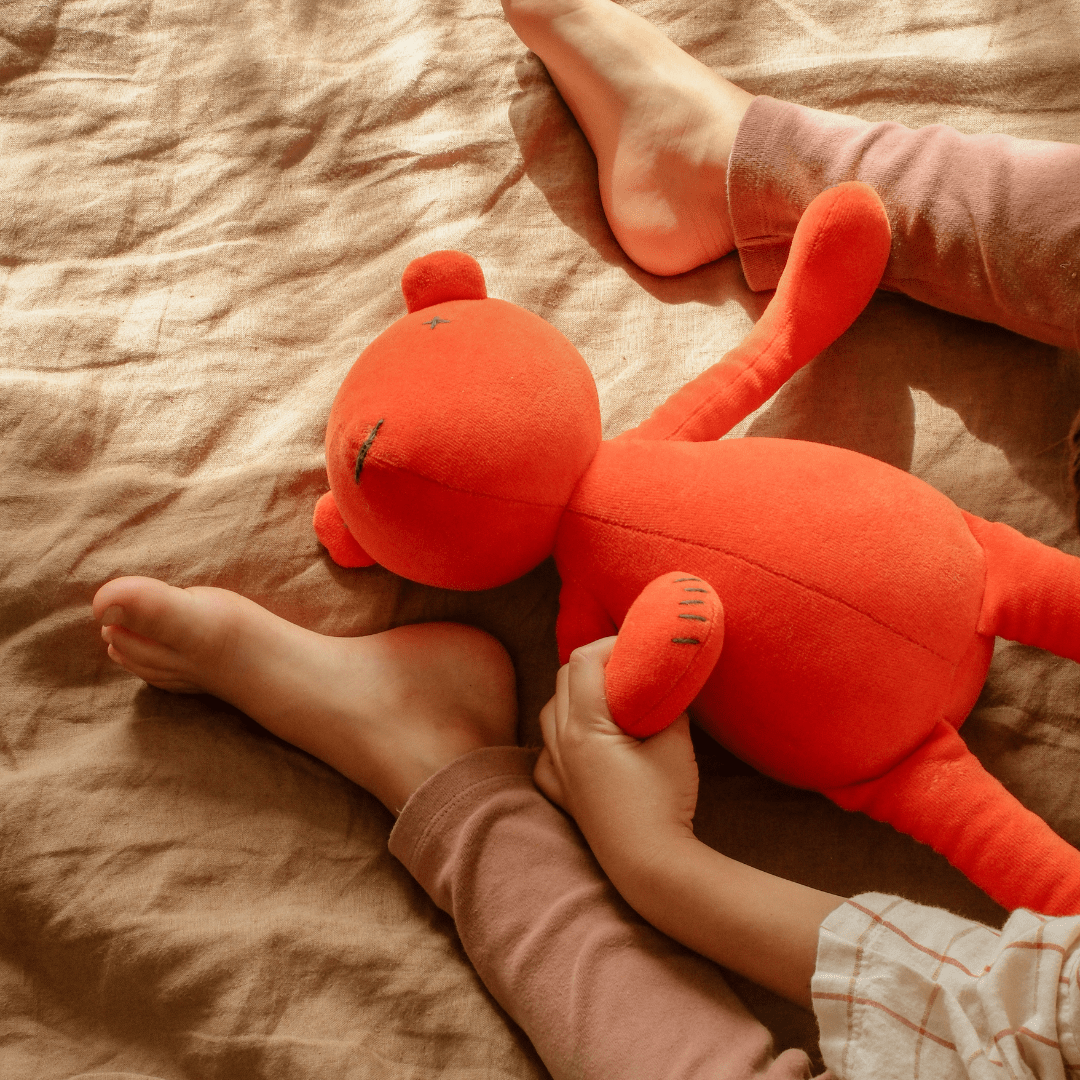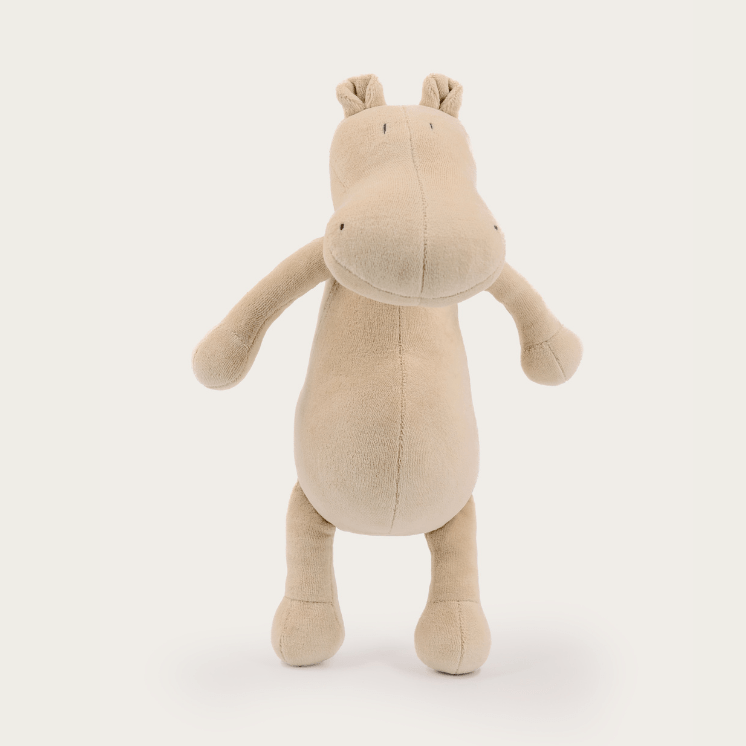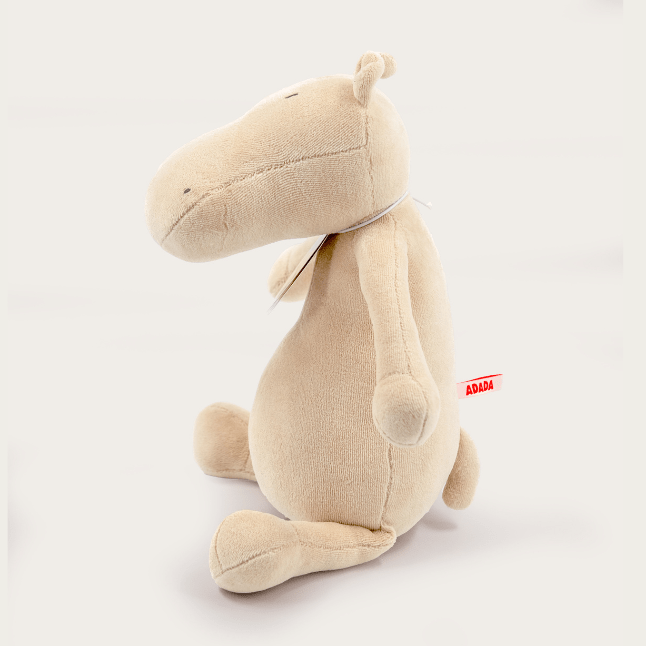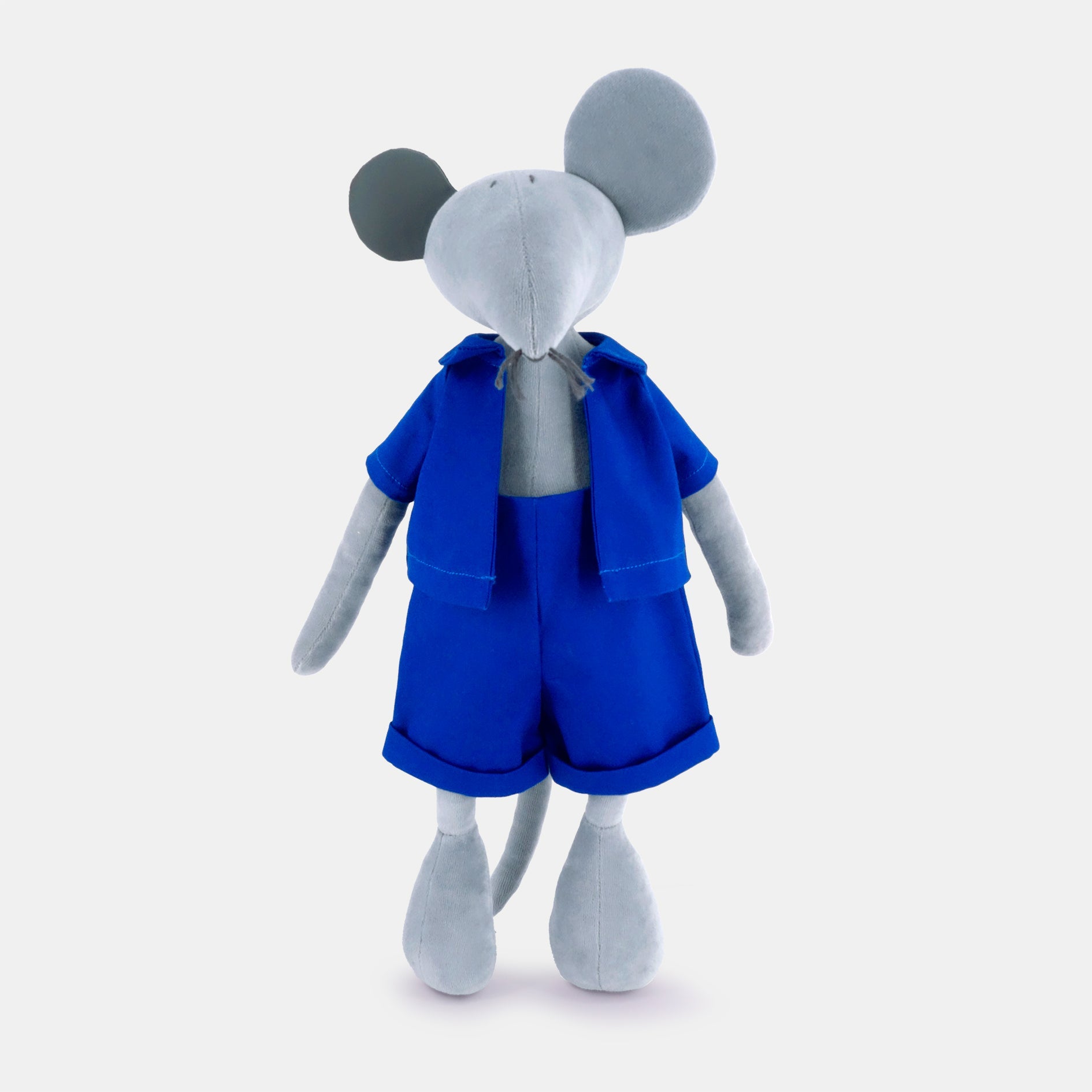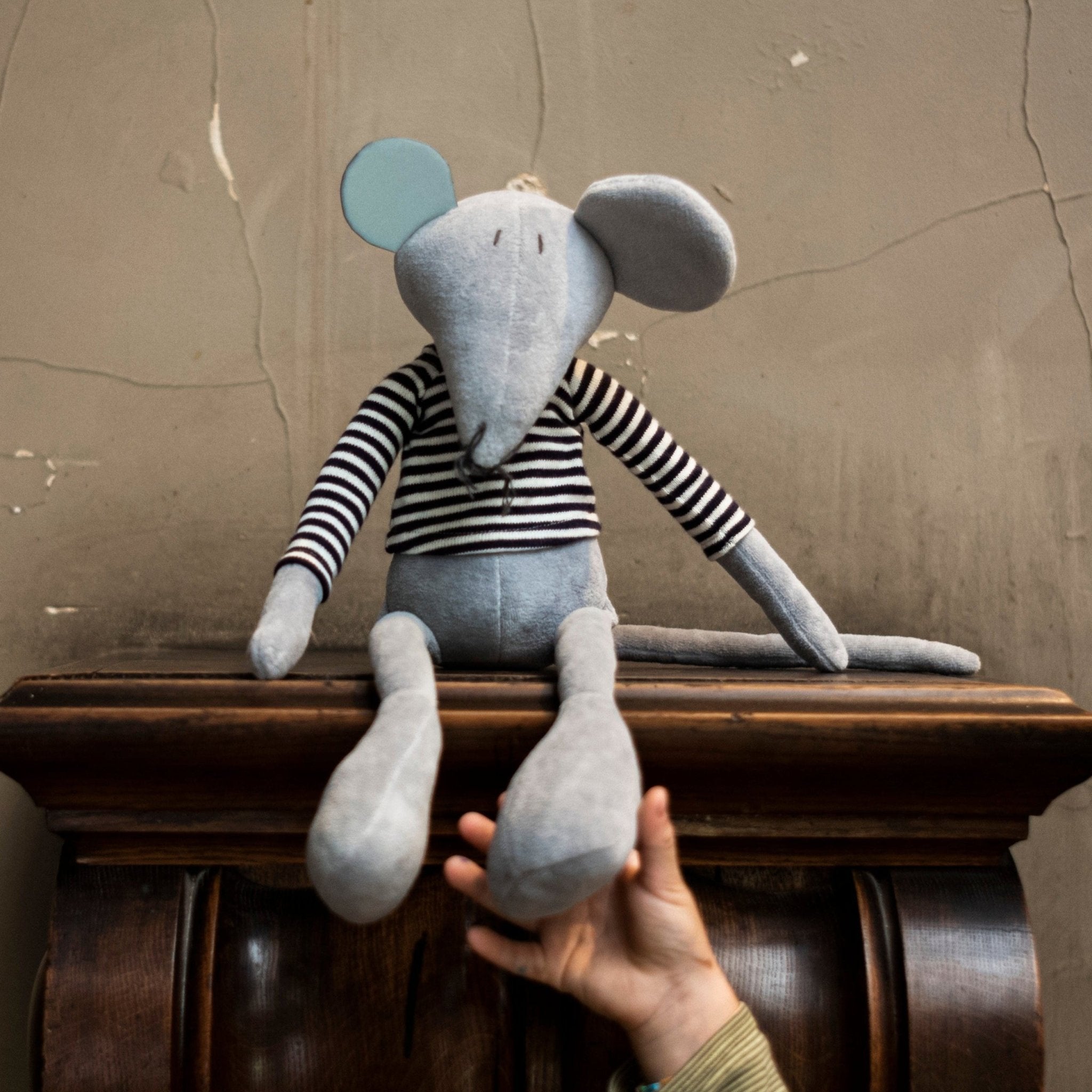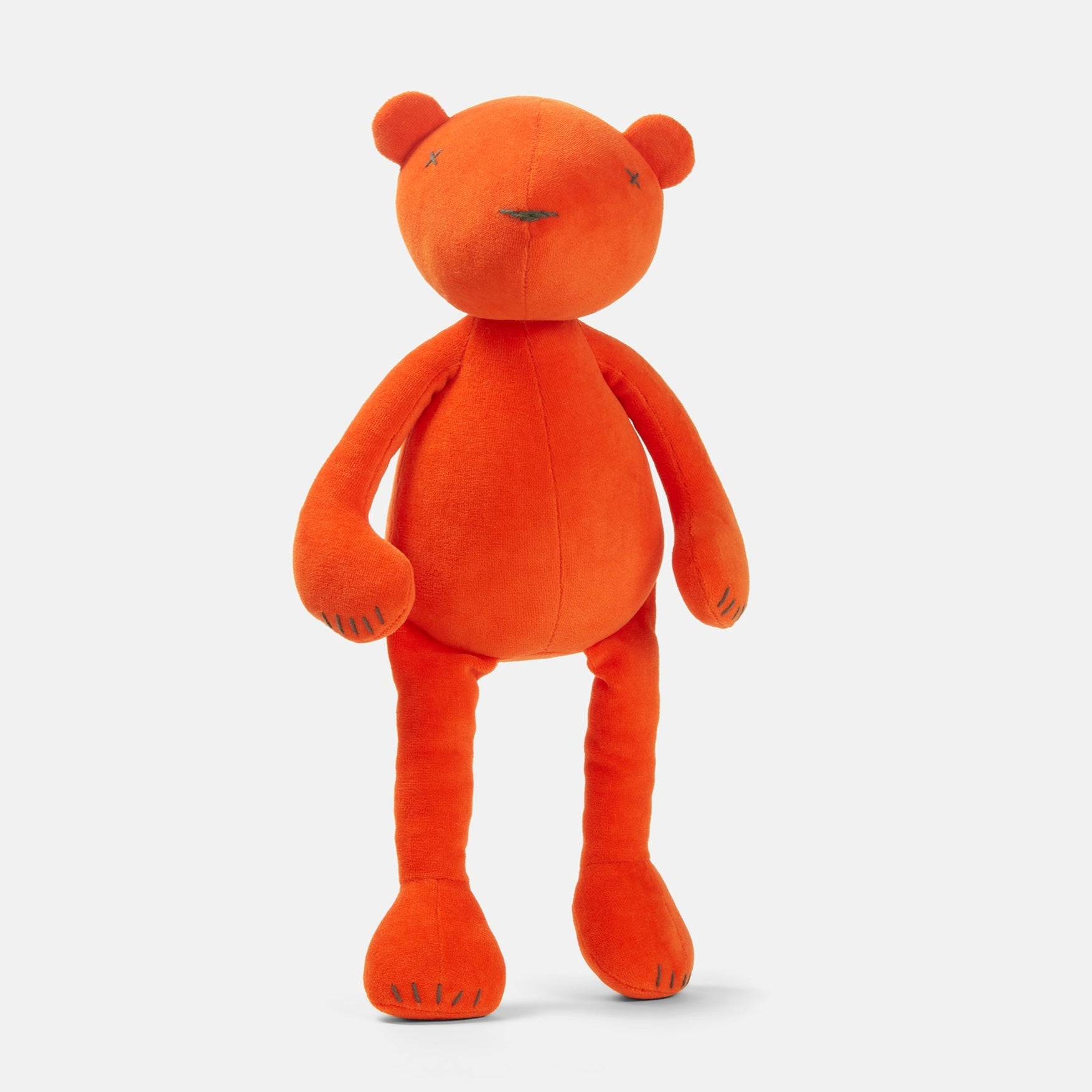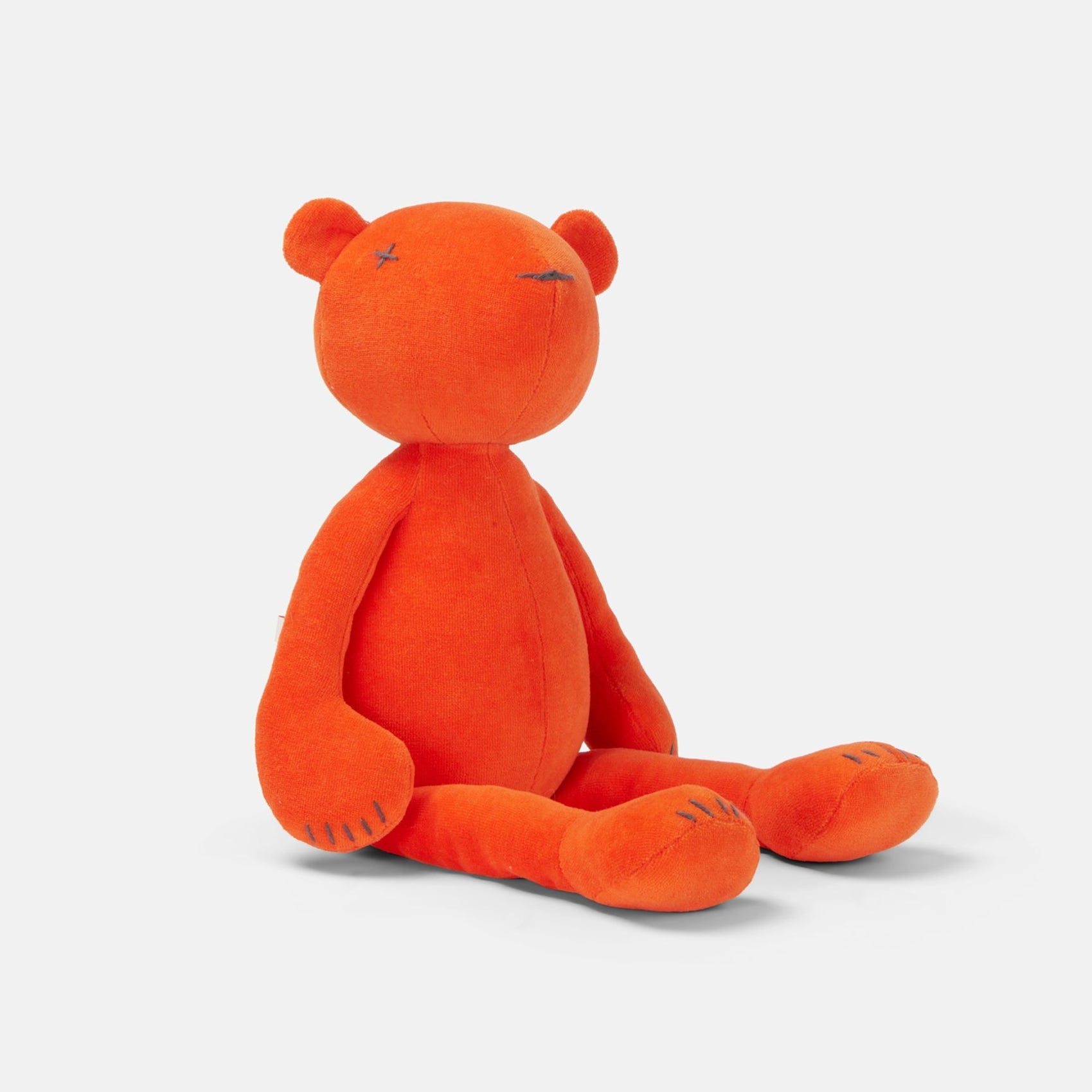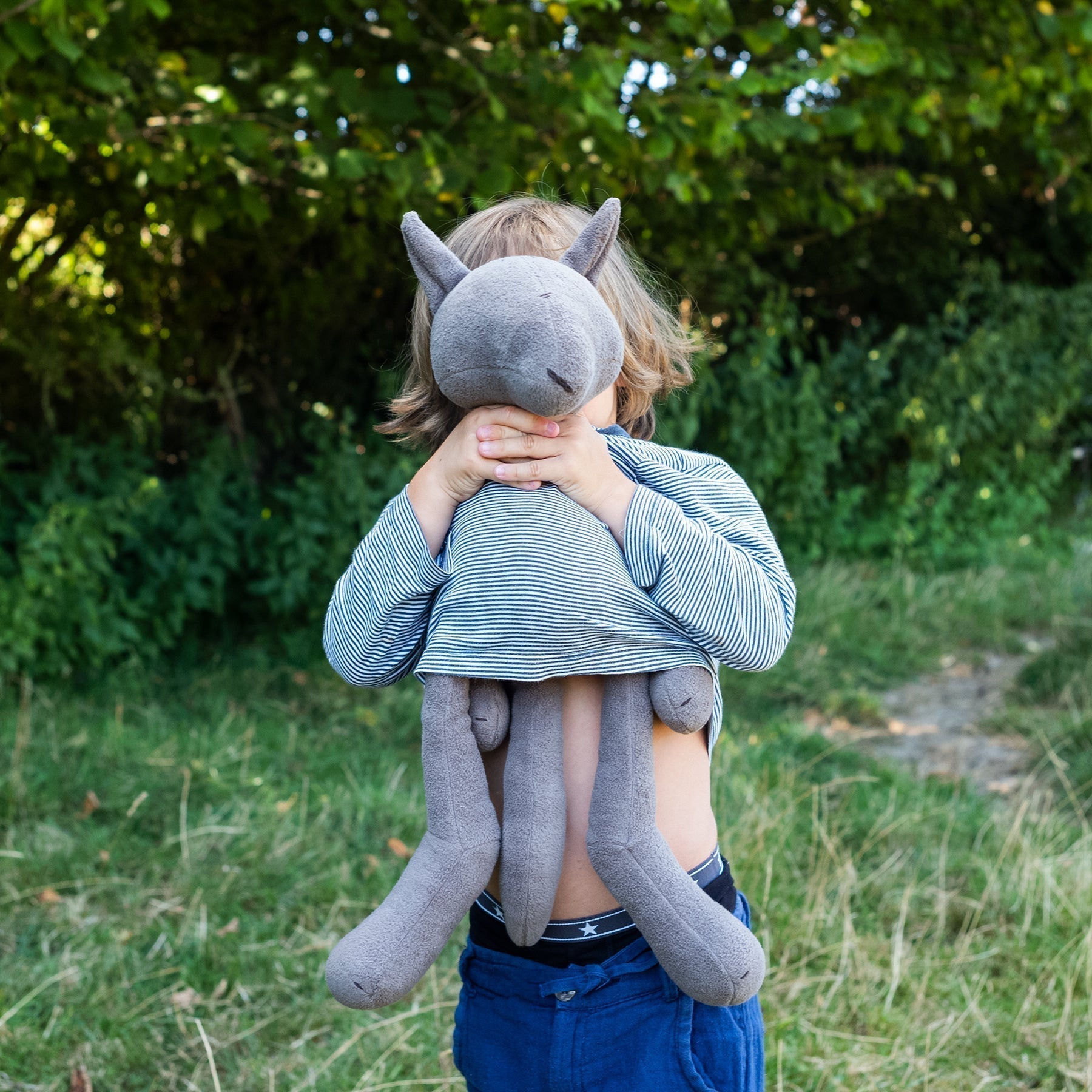
At what age do children stop playing with stuffed animals? Understanding the Evolution of Children's Preferences
Soft toys have long been treasured companions for children, offering comfort, imaginative play and emotional support. But many parents one day ask the question: at what age do children stop playing with stuffed animals?
The truth is, there's no single answer. Children develop at different rates, and their interests evolve in different ways. While some children begin to neglect their stuffed toys from the start of elementary school, others may continue to enjoy them well into their teens, and even beyond. In this article, we'll explore how children's preferences change over time, and why it's perfectly normal for each child to follow his or her own pace - including boys.
At what age do children stop playing with cuddly toys ?
On average, children start to show less interest in soft toys between the ages of 6 and 10. This transition usually occurs when they become more attracted to social relationships, structured activities, screens or more complex toys such as figurines, games or sports equipment.
However, there's no set age at which children stop playing with stuffed toys. Some children keep a favorite cuddly toy close to them long after they've stopped actively playing with it. In fact, many adults still keep a childhood stuffed toy as a memento or source of comfort.
At what age should a boy stop playing with stuffed toys?
This question reflects gender stereotypes rather than developmental realities. At what age should a boy stop playing with stuffed toys? The answer is the same as for any child: when he's ready. Boys, like girls, can derive many emotional and affective benefits from their stuffed toys.
Rather than asking what's "normal", it's better to ask: Is my child happy? Is he or she developing well socially, emotionally and cognitively? If the answer is yes, then there's no reason to worry if he keeps his stuffed toys longer than others.
The natural evolution of children's interests
Children's play preferences evolve naturally with age. Here's a general idea of this progression:
-
Early childhood (1-3 years): Soft toys are sources of comfort and symbolic play. They help calm and reassure.
-
Preschool (3 to 5 years): Soft toys become characters in more elaborate stories and games. Emotional attachment can become strong.
-
Early primary school (6 to 8 years): Some children start to show an interest in other types of toys, but continue to sleep with or talk to their stuffed animals.
-
Pre-adolescence (ages 9 to 12): Interest often turns to social relationships, technology or extracurricular activities. Soft toys become more symbolic.
-
Adolescence and beyond: Even if active play stops, many teenagers keep a stuffed toy on their bed or bookshelf. It represents comfort, nostalgia or identity.

Every child has his or her own rhythm
Ultimately, at what age do children stop playing with stuffed toys matters less than recognizing that each child evolves at his or her own pace. Some will lose interest quickly, while others will keep their stuffed companions for years - both situations are normal.
Encouraging children to explore their interests freely, without judgment - be they cars, dolls, video games or stuffed toys - helps them develop confidence and emotional well-being. Rather than focusing on what they "should" surpass, let's accompany them on their personal journey.
In conclusion
If you're wondering at what age children stop playing with stuffed toys, remember that there are no hard and fast rules. Let your child evolve at his own pace, and know that his path is the right one for him.
What about you? Have your children given up their stuffed toys, or do they still treasure them? Share your experience in the comments!


